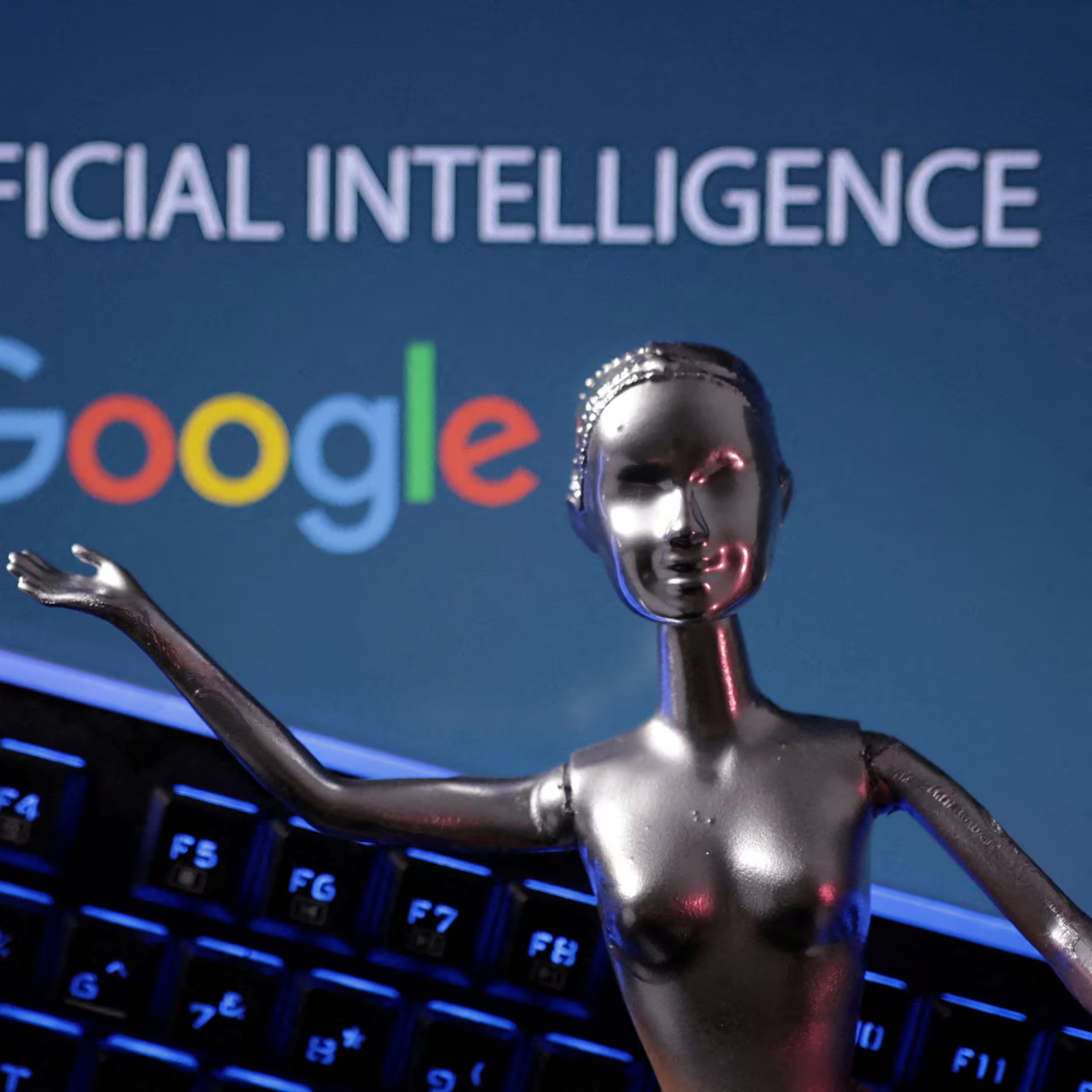AI-Powered Agents by Google and OpenAI Poised to Transform How We Use the Web
Alphabet’s Google is reportedly advancing artificial intelligence (AI) technology that goes beyond typical chatbot capabilities by autonomously performing tasks within a web browser, like conducting research and shopping.
This ambitious initiative, named Project Jarvis, could significantly shift how users interact with the internet, adding convenience and efficiency by allowing AI to manage complex online tasks. According to a recent report from The Information, Google plans to unveil Project Jarvis alongside the release of its forthcoming flagship large language model, Gemini, possibly as early as December.
The goal of Project Jarvis is to streamline user experience by enabling the AI to not only understand natural language but also to carry out tasks directly within the web browser, NDTV.
This means the AI could one day handle activities like comparing products, gathering data, and even making purchases without needing constant human input. Google’s new development hints at a future where digital tasks could be more easily delegated to AI, freeing users to focus on higher-level decision-making or creative pursuits.
Google isn’t the only player pursuing this vision. Microsoft-backed OpenAI has also been working on empowering its models with similar functionality.
READ ALSO: NAFDAC Launches Committees on Breast Milk Substitute Regulation
According to a July report from Reuters, OpenAI aims to equip its AI with a “Computer-Using Agent” (CUA), capable of conducting online research autonomously and acting based on the insights it gathers. This CUA could, for example, pull relevant data, compare information, and synthesize results to answer questions with minimal user oversight.

In addition to Google and OpenAI, AI startup Anthropic has joined the race, seeking to push the boundaries of what autonomous agents can achieve.
Anthropic’s focus, in collaboration with Google, involves creating a system where AI agents could interface directly with a user’s computer or browser, not just as a digital assistant but as an active collaborator. This type of software could have applications across personal and professional domains, potentially transforming industries that rely on extensive online research, such as marketing, law, or academia.
This trend towards “agentized” AI reflects a growing interest in making machine intelligence not just knowledgeable but action-oriented. With this approach, AI might soon assist with routine online activities, perform detailed research, or execute tasks that typically require multiple steps.
Such advancements would mark a significant evolution in AI’s capabilities—from passive information providers to autonomous digital agents that can execute complex tasks, altering how people work, shop, and navigate the web.
As Google’s Project Jarvis and OpenAI’s CUA take shape, they hint at a broader future where AI functions not just as a conversational tool but as an integral part of daily online tasks. While there are technical, ethical, and privacy considerations to address, the ongoing development of these tools could redefine the boundaries of human-computer interaction.
Discover more from Cine critique
Subscribe to get the latest posts sent to your email.

